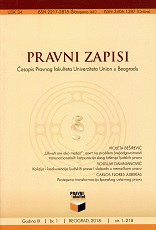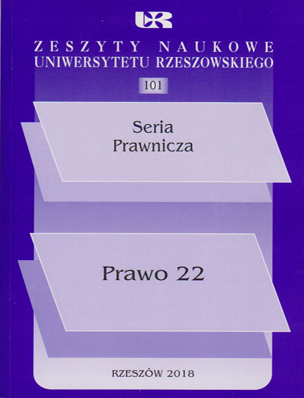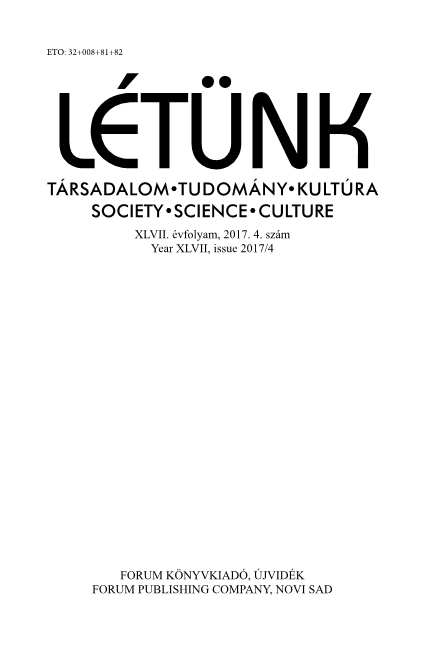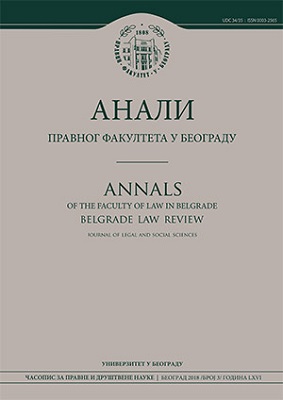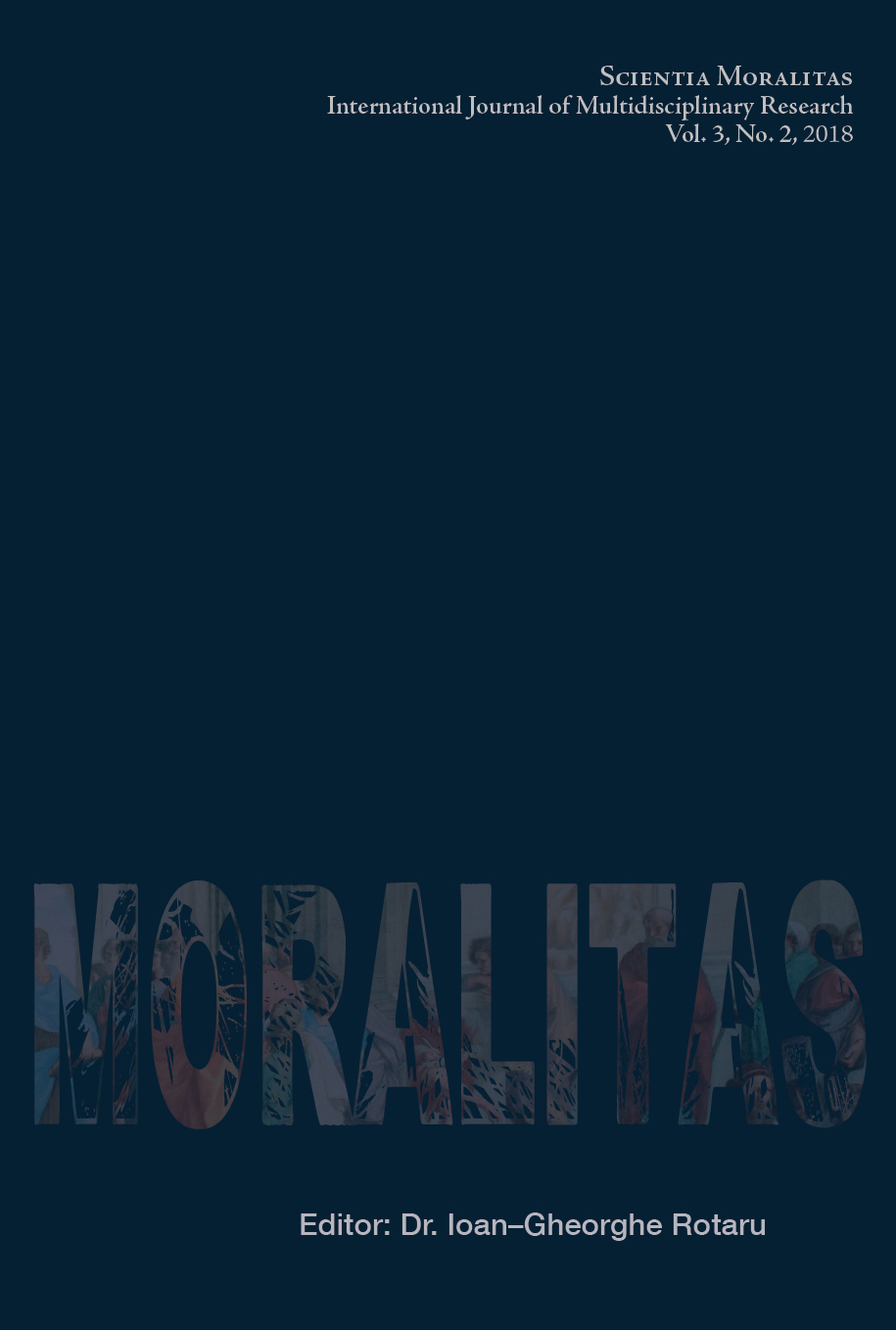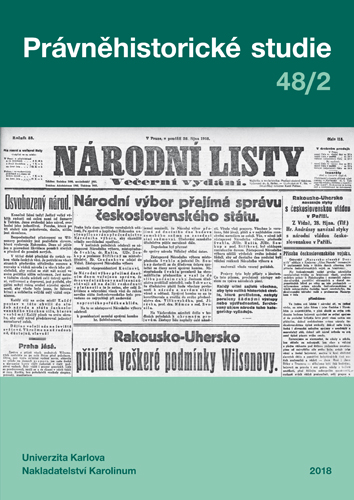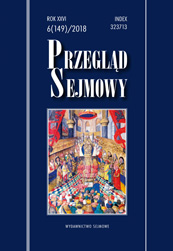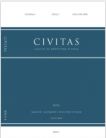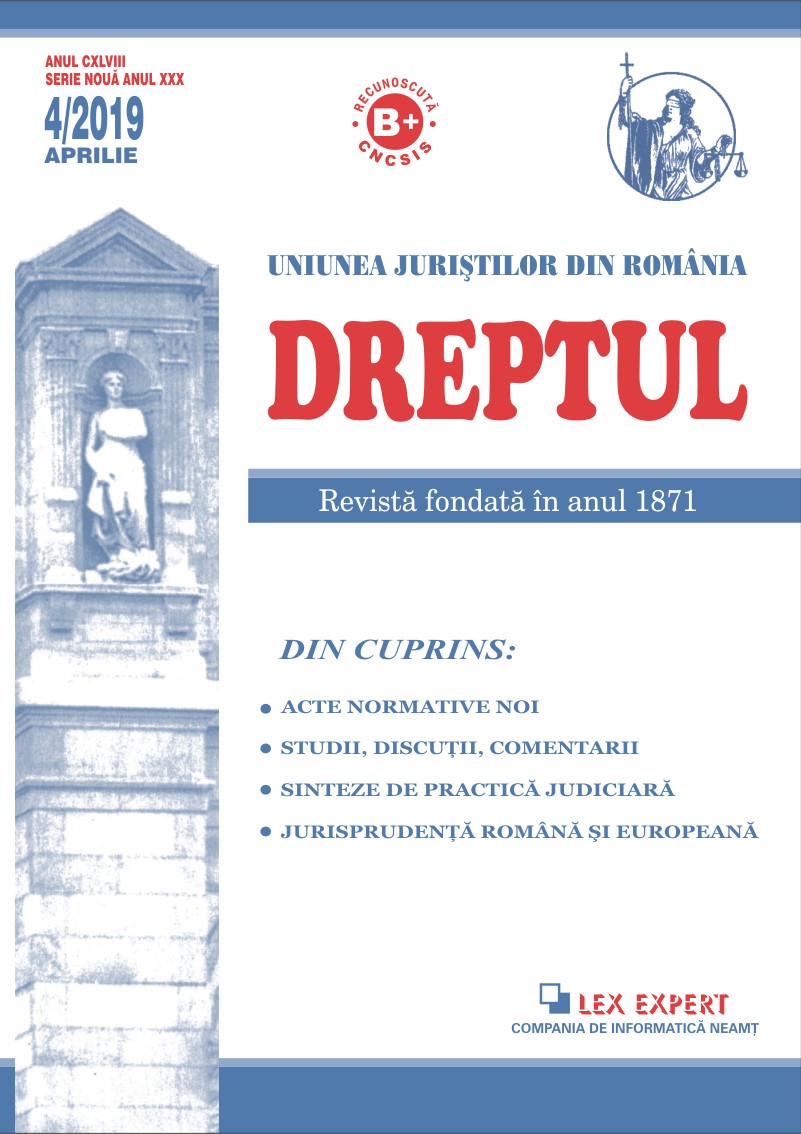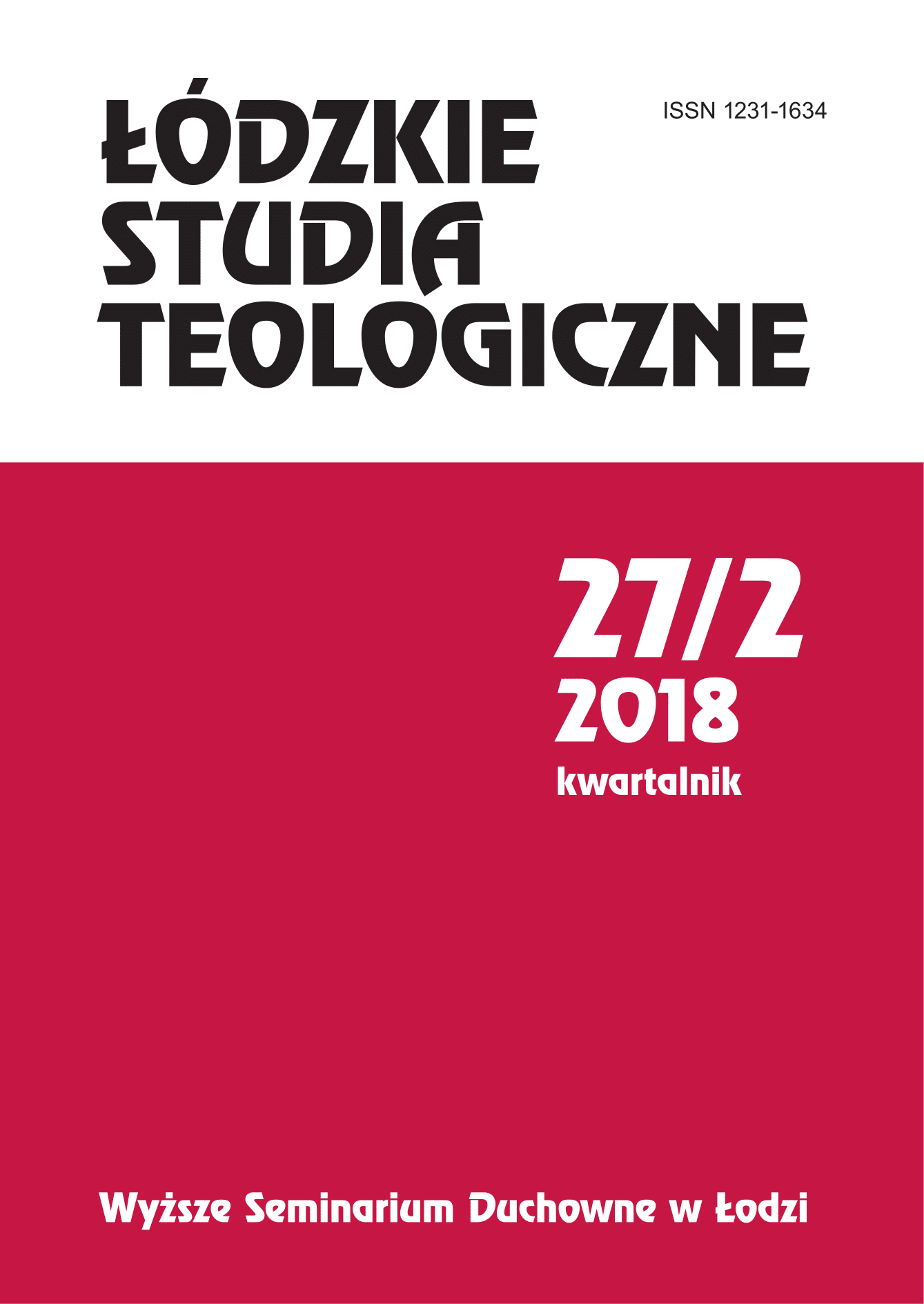
Prawo spadkowe w systematyce „Instytucji” Gaiusa
The study examines the position of inheritance in the systematics of Institutiones of Gaius and discussesthe significance of such approach to inheritance law in the subsequent development of private law. In Institutiones of Gaius issues related to succession account for approximately 1/3 of the entirecontents. Presentation of matters connected with inheritance comprises a larger part of the secondbook (G. 2, 99–289) focusing on various legal aspects of testate succession (G. 2, 100–190) and the related acquisition of material benefits at the expense of the legacy, through endowments (G. 2, 192–289); additionally, the beginning of the third book comprised rules of intestate succession (G. 3, 1–87).While analysing the specific problems associated with succession, Gaius presents them as examples of property rights acquisition under general and specific terms. Similar approach to inheritance in Rome was also adopted in Institutiones of Justinian. It was only the German Pandectists that distinguished succession law as a separate segment of law. However, the nineteenth century European civil codes in their contents and systematics make reference to the threefolddistinction of law (personae – res – actiones) introduced by Gaius in his Institutiones. For instancethe Civil Code of Austria (ABGB) did not treat succession law as a separate segment of law but, followingthe systematics in the Institutes of Gaius, as a part of property law related to acquisition of ownershiprights per universitatem. Similar approach was adopted in Napoleonic Code where matters relatedto succession were contained in Book Three, entitled Of the Different Modes of Acquiring Property.
More...
